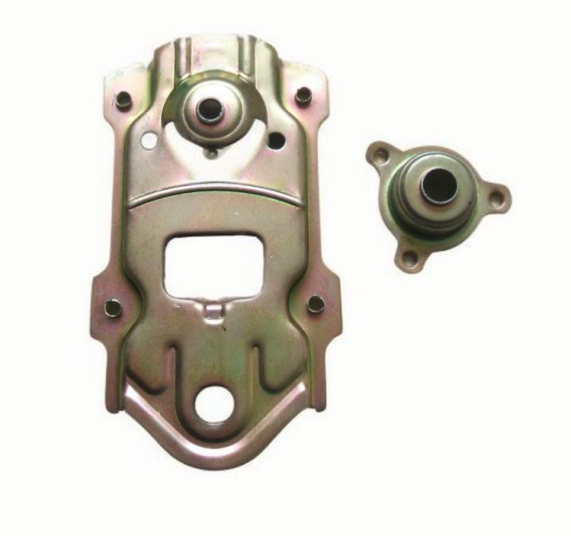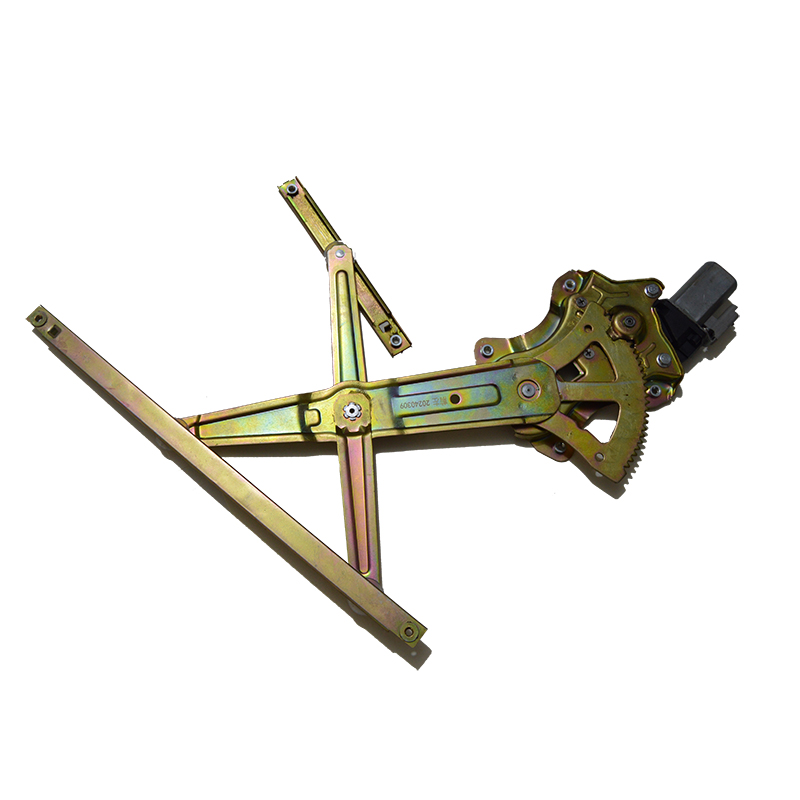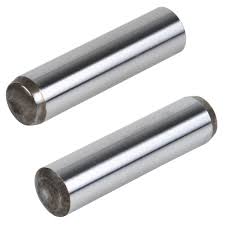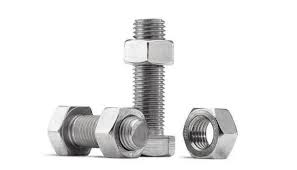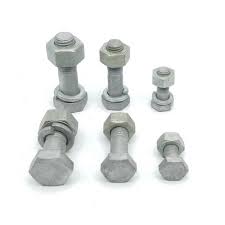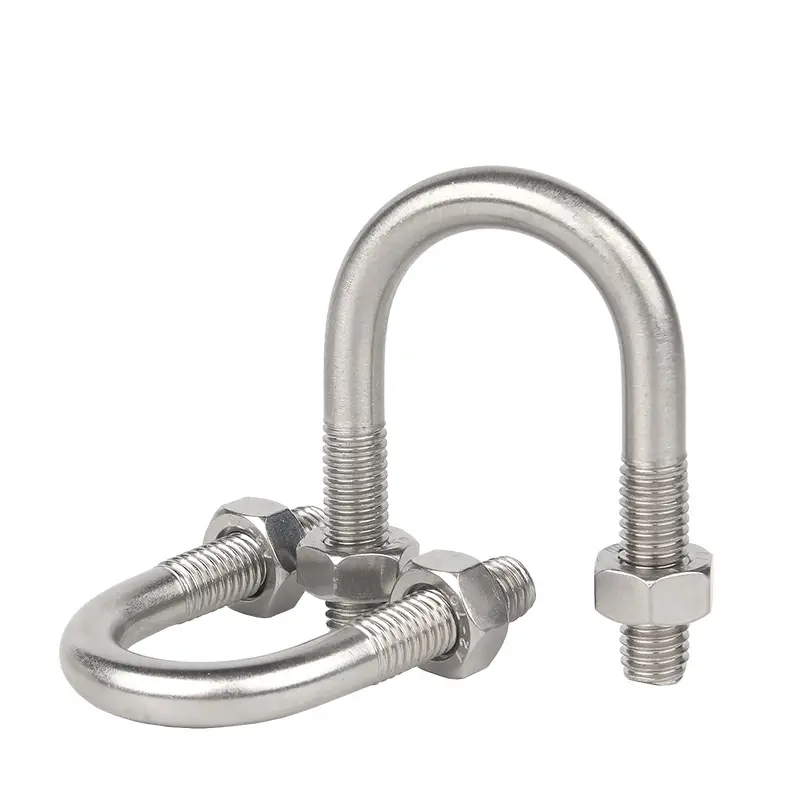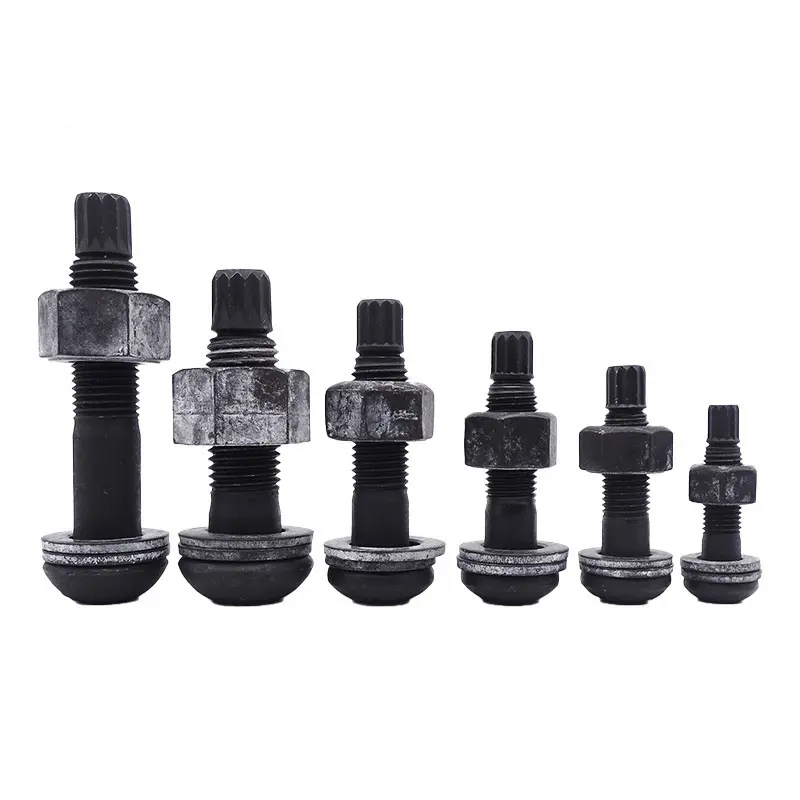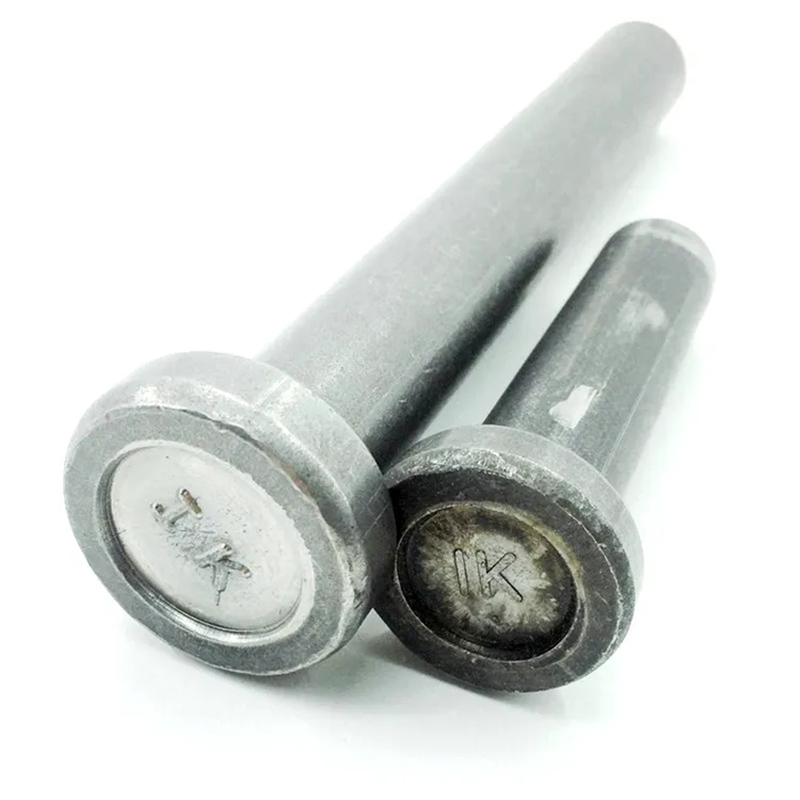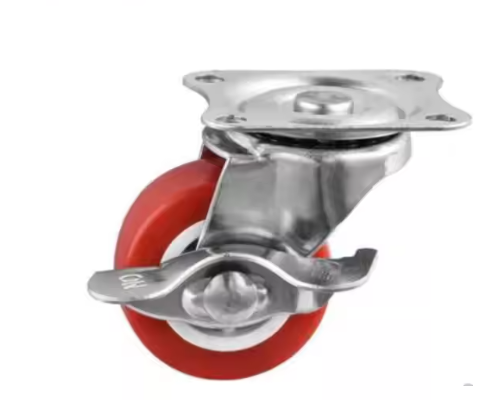

This comprehensive guide helps you navigate the world of anti-loosening nut factories, providing insights into selecting the best supplier for your specific requirements. We explore various types of anti-loosening nuts, manufacturing processes, quality considerations, and key factors to consider when choosing a reliable factory partner. Learn how to identify a reputable manufacturer and ensure the longevity and performance of your applications.
Prevailing torque nuts utilize a unique design feature, often a deformed thread or a locking element, to create a higher clamping force. This higher clamping force resists vibration and prevents loosening. They are widely used in various applications requiring secure fastening.
These nuts feature a nylon insert within the nut's body. The nylon insert creates friction against the bolt threads, preventing loosening. This is a cost-effective and widely applicable solution for many applications. The nylon insert also offers good resistance to corrosion.
All-metal lock nuts rely on mechanical features like deformed threads or specialized shapes to achieve a locking effect. They offer high strength and are suitable for high-temperature or corrosive environments. Examples include wedge-locking nuts and deformed-thread lock nuts.
Other specialized nuts, like those with internal serrations, external teeth, or unique thread profiles, provide further anti-loosening properties. The best choice depends on the specific application and the level of vibration or stress expected.
Verify that potential factories adhere to stringent quality control measures and possess relevant certifications, such as ISO 9001. Look for evidence of regular quality audits and testing procedures. This ensures consistent product quality and reliability.
Assess the factory's manufacturing capabilities, considering factors such as the types of materials they work with (steel, stainless steel, etc.), production volumes they can handle, and their manufacturing processes (e.g., cold forging, hot forging). Hebei Dewell Metal Products Co., LTD (https://www.deweLLfastener.com/) is a good example of a factory with robust capabilities. They provide various types of anti-loosening nuts, and their commitment to quality and innovation ensures customer satisfaction.
Different materials offer varying levels of strength, corrosion resistance, and other properties. Ensure the factory uses high-quality materials suitable for your specific application requirements. The available surface finishes (e.g., zinc plating, powder coating) also affect the durability and aesthetics of the anti-loosening nuts.
Obtain quotes from several factories and compare pricing, considering factors like volume discounts and shipping costs. Inquire about their typical lead times to ensure they align with your project timeline.
| Feature | Prevailing Torque | Nylon Insert | All-Metal |
|---|---|---|---|
| Cost | Medium | Low | High |
| Strength | High | Medium | High |
| Corrosion Resistance | Depends on material | Good | Depends on material |
Selecting the right anti-loosening nut factory requires careful consideration of several factors. By evaluating quality control, manufacturing capabilities, material selection, pricing, and lead times, you can find a reliable partner to meet your specific needs. Remember to always prioritize quality and performance for long-term success.


